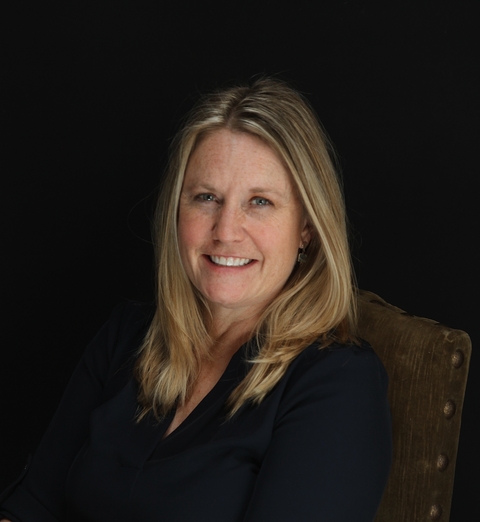There’s no denying the hospitality industry has been hit especially hard by Covid-19. With so many livelihoods suffering in its wake, people are seeking expertise and leadership from their industry associations, like the United States Bartenders' Guild (USBG). With the announcement of industry veteran Kim Haasarud as its new president, hope is on the horizon.
As a James Beard-honored mixologist and author, Haasarud has worked with hundreds of liquor brands and been featured in just as many media outlets. She also founded the highly successful mixology and beverage consulting firm, Liquid Architecture, and in May, she’ll be launching the Cocktail Collaborative (The Lab) in downtown Phoenix, Arizona. The incubator will be a breeding ground for the next generation of beverage professionals.
All the while, Haasarud has spent several years coming up through, and working with, the USBG in a range of roles culminating in her current position. Naturally, we couldn’t think of a better person to talk to about the state of the industry—and potentially, what’s next.

Congratulations on your new role as president of USBG. What are you hoping to achieve?
I’d like to stake some ground in more diversity in our organization. Our programming and members are part of the craft cocktail world, but we need more diversification across the board as far as bartender type, racial diversity, gender, and sexual orientation. We want to reach everybody in our membership and leadership roles. I want to come up with new pathways to be more inclusive in a national leadership role and in local chapters. This is something that a couple of our board members have also taken on, and we’re working to implement more ways to do this.
Read more: Ryan Doherty Talks About Resilience in the Hospitality Industry
The organization is facing some big challenges because some states are open, some are partially open, and others aren’t at all. With so many different chapters, how will the USBG go about navigating that?
I would say that’s one of the hardest things. We can’t come up with, ‘This is what you should do,’ because it’s different from state to state, county to county, and even within cities themselves. But what we can do is have open dialogues about it. One thing we’ve done in the past couple of years is establish a new level of leadership. We’ve got the national board, chapter boards, and regional councils. Every Monday we have open office hours with a couple of board members and one staff person, and any chapter leader can tune in. That’s where we talk about any issues and questions they have. We’re hoping to expand those dialogues, have guest speakers, and give more resources. What we've found is that leaders learn best from other leaders.
This has been a really challenging time for some bartenders. What’s the organization doing to guide its members?
We are trying to do things like have more mentorship programs and encourage new leadership programs. If you are a leader in your community, part of your job is to mentor the next generation coming up. That also means finding other opportunities and other avenues for income and networking. It can be difficult to pivot. The one thing I could say about our industry is we always survive. I feel like there is going to be this Roaring Twenties-type-of-thing once everyone is vaccinated. Something great about our community is that there’s so much camaraderie. People will give you the shirt off their backs to help their fellow bartenders. That’s been one amazing thing that I’ve seen come out of this pandemic—what chapter leaders are doing in local communities. I’m seeing a lot more development of relationships with charities—more than we’ve ever seen before. I don’t know how much you know about the USBG National Charity Foundation?
I do know about it, but can you tell me more?
We started the USBG National Charity Foundation back in 2014. It was a way to help chapters do their own fundraising. We also started a program called BEAP, which is an acronym for Bartender Emergency Assistance Program. If you are in dire straits and you need help, you can apply for a grant. When we started that program, we would normally see a dozen applications or so a year. Once the pandemic hit and bars started to shut down last March, our application went viral. We were inundated with submissions, and we ended up having to scale up. We started a whole Covid-19 relief campaign, got some really great donors and ended up raising about $10 million. We gave out 32,000 grants and were able to help bartenders across the country.
Read more: Texas Operators Are Furious Over the State’s Handling of Covid-19
Has the USGB received good support from major spirits brands this past year?
For our charity arm, some brands gave so much. Plus, in addition to donating to us, they’ve also donated to other charities and are doing a lot of really great work out there. We’re always looking for more brands and partners to help, especially during this time. I also see some brands that really haven’t done a whole lot. I think bartenders are going to remember that too, which is kind of interesting because it is the bartenders that often make the brands. They’re the ones recommending the brands to guests.
For more information about USGB and their programs, visit www.usbg.org.
This interview has been edited for clarity and length. Follow us on Facebook and Instagram to stay up-to-date on the latest industry news.
